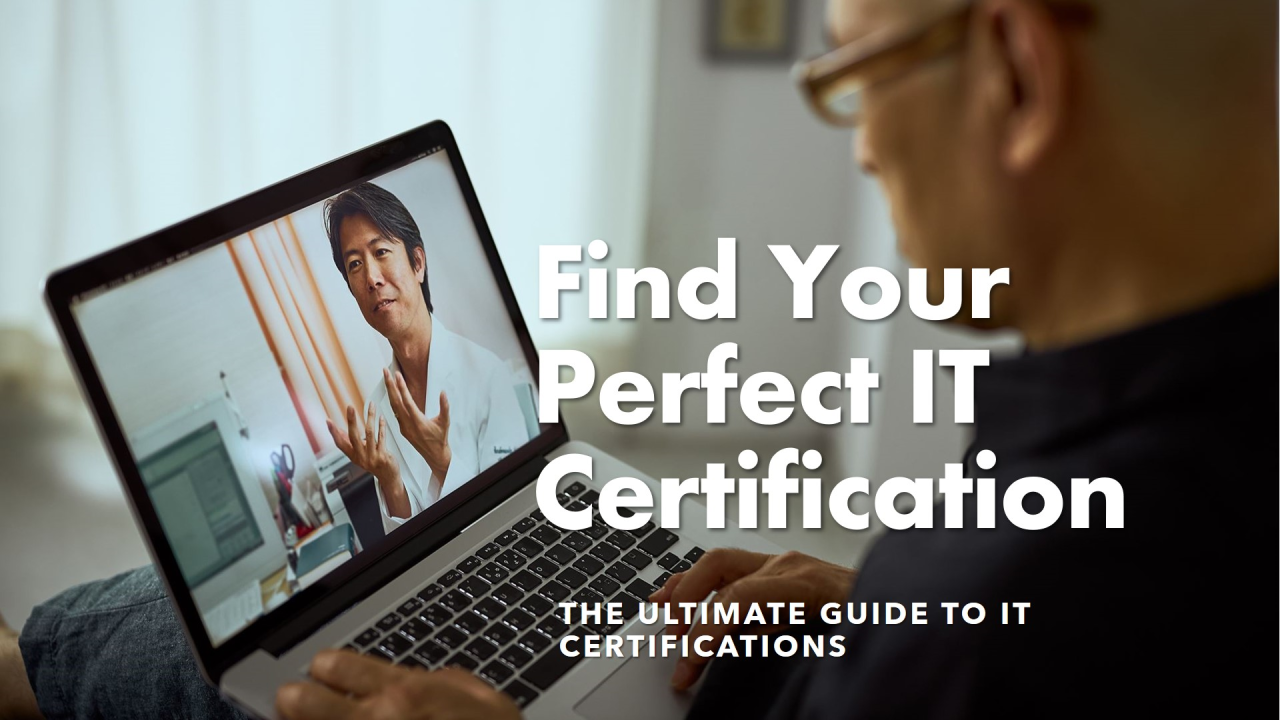The Ultimate Guide to Getting Certified in ICT
ICT (Information and Communication Technology) certifications are a great way to demonstrate your skills, boost your career prospects, and stay competitive in the tech industry. This guide provides a step-by-step roadmap to earning ICT certifications, from choosing the right one to acing the exam.
Step 1: Understand the Benefits of ICT Certifications
- Career Advancement: Certifications can lead to promotions, higher salaries, and better job opportunities.
- Skill Validation: They validate your expertise in specific ICT domains, such as networking, cybersecurity, or programming.
- Industry Recognition: Certifications are often recognized globally and respected by employers.
- Networking Opportunities: Many certifications come with access to professional communities and resources.
Step 2: Identify Your Goals and Interests
- Ask Yourself:
- What ICT field excites you? (e.g., networking, software development, cybersecurity, data science)
- What are your career goals?
- Research Career Paths:
- Explore job roles like IT Support Specialist, Web Developer, or Cybersecurity Analyst and identify certifications required for these roles.
Step 3: Choose the Right ICT Certification
Here are some popular certifications based on various ICT domains:
Networking
- CompTIA Network+
- Cisco Certified Network Associate (CCNA)
Cybersecurity
- CompTIA Security+
- Certified Ethical Hacker (CEH)
- Certified Information Systems Security Professional (CISSP)
Cloud Computing
- AWS Certified Solutions Architect – Associate
- Microsoft Azure Fundamentals (AZ-900)
Programming and Development
- Oracle Certified Professional (Java SE)
- Microsoft Certified: Azure Developer Associate
Data Science and Analytics
- Google Data Analytics Certificate
- Microsoft Certified: Data Analyst Associate
IT Support and Helpdesk
- CompTIA IT Fundamentals (ITF+)
- Google IT Support Professional Certificate
Step 4: Prepare for the Certification Exam
- Review the Exam Objectives:
- Visit the certification provider’s website to download the exam syllabus and requirements.
- Choose Study Resources:
- Official Study Guides: Often provided by the certification body.
- Online Courses: Platforms like Coursera, Udemy, or Pluralsight offer structured courses.
- Practice Exams: Use tools like ExamCompass or MeasureUp for mock tests.
- Join Study Groups:
- Engage with online communities on platforms like LinkedIn, Reddit, or Discord for tips and support.
- Set a Study Schedule:
- Dedicate specific hours each day or week to study.
- Use flashcards and notes to reinforce key concepts.
Step 5: Register for the Exam
- Find an Authorized Testing Center:
- Check the certification provider’s website for approved testing centers or online proctoring options.
- Pay the Exam Fee:
- Fees vary depending on the certification (e.g., CompTIA exams range from $200–$400).
- Schedule Your Exam:
- Choose a date that gives you enough time to prepare but doesn’t allow for procrastination.
Step 6: Take the Exam
- Arrive Early (or Log In Early for Online Exams):
- Ensure you have all required materials, like ID and authorization codes.
- Stay Calm and Focused:
- Read each question carefully.
- Use the process of elimination for multiple-choice questions.
Step 7: Earn Your Certification and Showcase It
- Receive Your Certification:
- Most certifications are delivered digitally.
- Update Your Resume and LinkedIn Profile:
- Highlight your new skills and certifications.
- Share Your Achievement:
- Post about your certification on social media to attract potential employers.
Step 8: Maintain and Upgrade Your Certification
- Check Renewal Requirements:
- Some certifications require renewal every 2–3 years (e.g., CompTIA certifications).
- Pursue Advanced Certifications:
- Build on foundational certifications with advanced ones to stay relevant.
Top Tips for Success
- Start Small: Begin with entry-level certifications like CompTIA ITF+ or Google IT Support.
- Stay Consistent: Dedicate regular time to study and practice.
- Leverage Free Resources: Use platforms like freeCodeCamp, W3Schools, and Microsoft Learn.
- Practice Hands-On: Set up virtual labs to apply your skills in real-world scenarios.
Conclusion
Getting certified in ICT is a valuable investment in your career. By following this guide, you can navigate the certification process confidently and build a strong foundation for long-term success in the tech industry.






